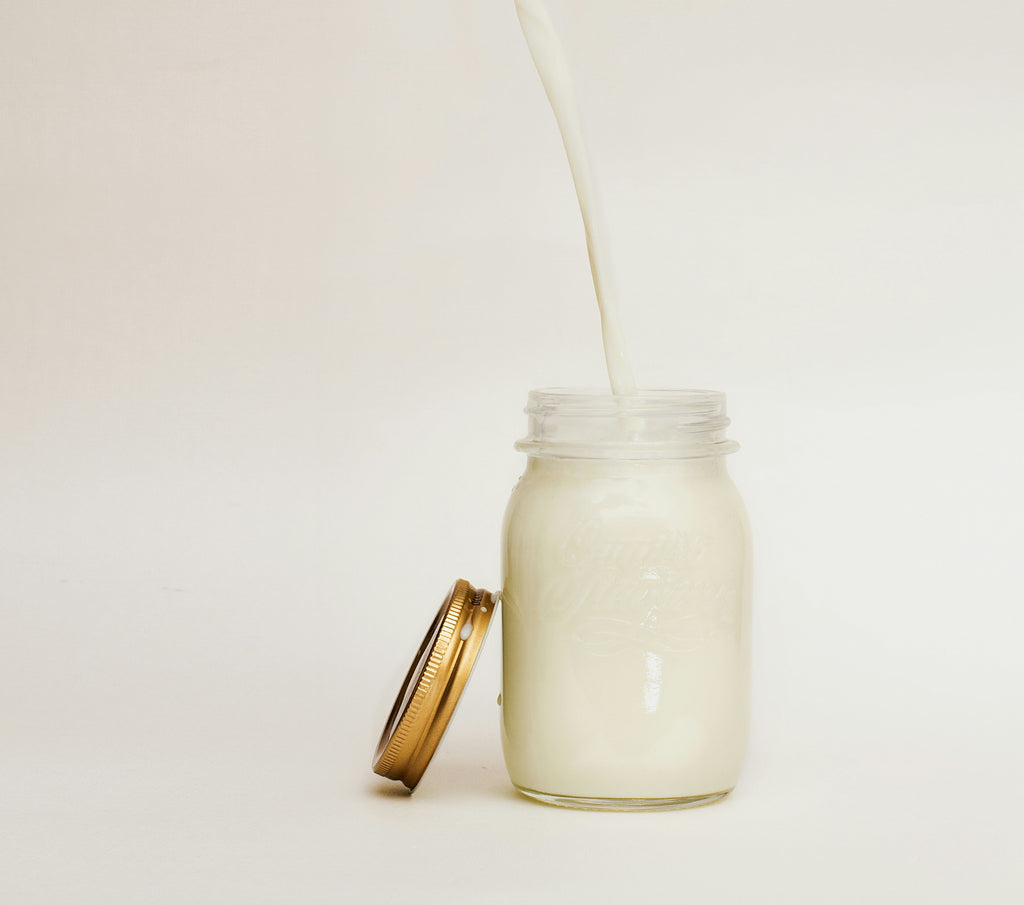Choosing the right milk is a crucial step in crafting delicious homemade cheese. With a variety of options available, understanding the characteristics and benefits of different types of milk can significantly impact the final flavor and texture of your cheese. However, while there are lots of choices, there is one rule- never choose UHT (ultra high temperature pasteurized milk). It just won´t work.
Now, let's delve into the world of milk and discover which one is the perfect fit for your cheesemaking endeavors.
Cow's Milk: The Classic Choice
Cow's milk is undoubtedly the most popular choice for cheesemaking due to its widespread availability and versatility. It offers a balanced protein and fat content, making it suitable for a wide range of cheeses, from soft and creamy to hard and aged varieties. Cow's milk can produce cheeses with a rich, buttery flavor and a smooth texture.
Goat's Milk: A Unique Flavor Profile
Goat's milk brings a distinct character to cheesemaking. It is known for its tangy, slightly sweet flavor and its ability to create cheeses with a firm texture. Goat's milk cheeses often have a more pronounced flavor compared to cow's milk cheeses, making them a popular choice for those seeking a unique taste experience.
Sheep's Milk: Rich and Creamy
Sheep's milk is another excellent option for cheesemaking, offering a rich, creamy flavor and a dense texture. It is often used to produce cheeses with a strong, earthy aroma and a buttery taste. Sheep's milk cheeses are known for their complexity and can be aged to develop even deeper flavors.
Plant-Based Milk: A Dairy-Free Option
For those following a vegan or dairy-free diet, plant-based milk alternatives can be used for cheesemaking. Options like almond milk, soy milk, and oat milk can be used to create vegan cheeses with a variety of textures and flavors. While they may not have the same protein content as dairy milk, they can still produce delicious cheeses.
Factors to Consider When Choosing Milk
When selecting the best milk for your cheesemaking project, consider the following factors:
- Desired Cheese Type: Different types of milk are better suited for specific cheese varieties. For example, cow's milk is ideal for cheddar and mozzarella, while goat's milk is often used for chèvre and feta.
- Flavor Profile: The type of milk you choose will directly influence the flavor of your cheese. Consider whether you prefer a mild, creamy taste or a more tangy, pungent flavor.
- Texture: The fat content and protein composition of the milk will affect the texture of your cheese. For example, milk with a higher fat content will produce a creamier cheese.
- Availability and Cost: The availability and cost of different types of milk may vary depending on your location. Consider the factors that are most important to you when making your decision.
Conclusion
Choosing the right milk is essential for creating delicious homemade cheese. Whether you prefer the classic flavor of cow's milk, the tangy notes of goat's milk, or the rich creaminess of sheep's milk, there is a perfect option to suit your taste preferences and cheesemaking goals. Experiment with different types of milk to discover your favorites and create unique and flavorful cheeses.


Deja un comentario: